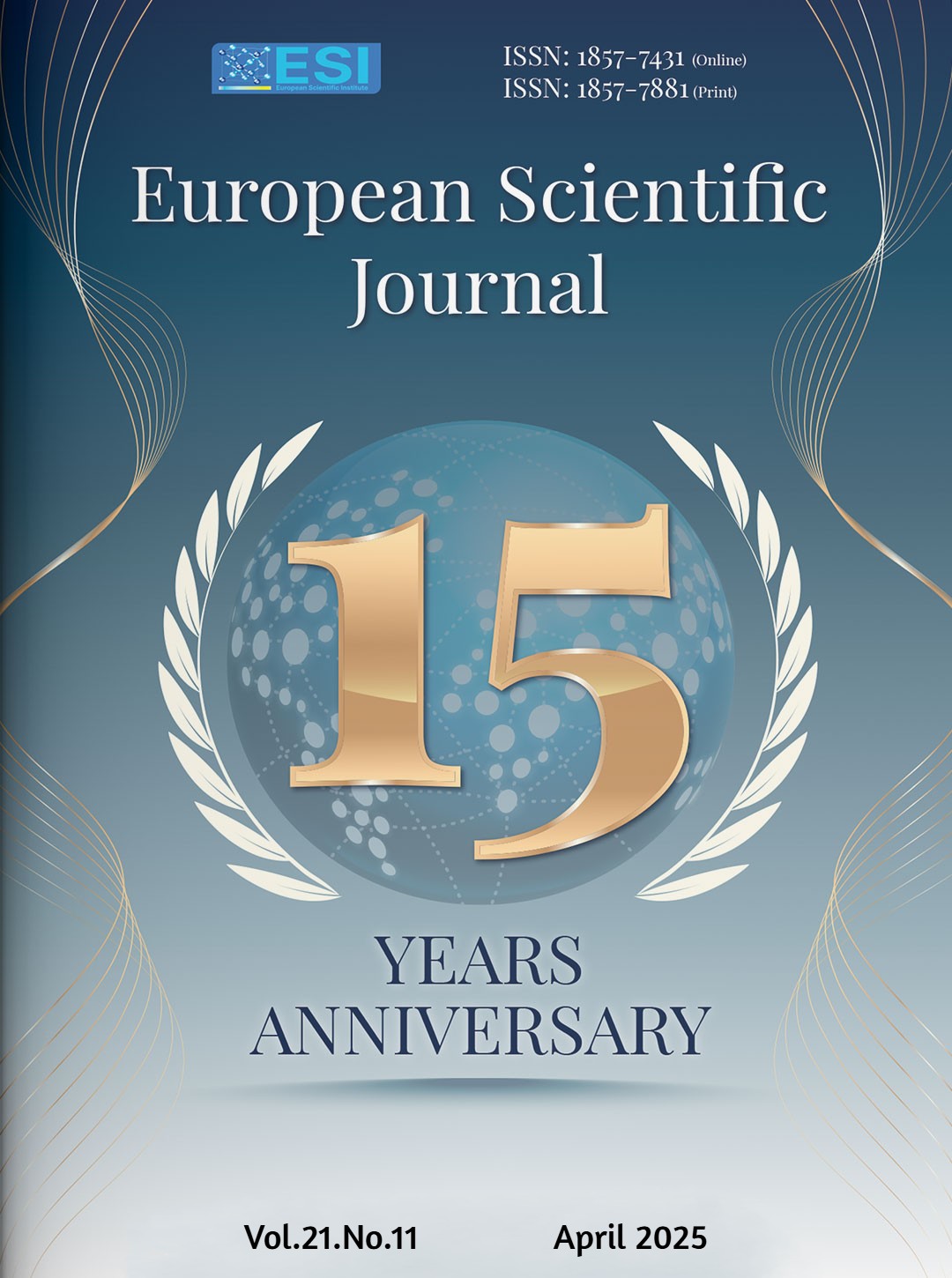Meiji Restoration and Modernization: The Role of Intellectuals in The Context of Gramsci's Theory of Hegemony and Counter-Hegemony
Abstract
The Meiji Era (1868-1912) was a crucial period in Japan’s modernization, marked by profound social and political transformations under Western influence. Japanese intellectuals played a key role in reconciling traditional values with modern Western ideas. Inspired by Western science, technology, and administrative systems, the Meiji government sought to reshape Japan into a global power. Intellectuals explored concepts such as freedom, democracy, and individualism, integrating them into Japanese society while maintaining cultural identity.
This study examines the impact of Meiji intellectual movements on Japan’s modernization. The central questions include: How did Japanese intellectuals interpret Western thought? What proposals did they offer for modernization? How did their views on "civilization" and "enlightenment" influence state policies? What tensions arose between traditional values and Western modernization ideas? Addressing these questions, this study explores the intellectual foundation of Japan’s transformation into a modern nation-state. Additionally, using Gramsci’s hegemony theory and ideology analysis, it investigates how the ruling class employed ideological tools to shape modernization.
Findings reveal that Meiji intellectuals sought a balance between tradition and modernization. They aimed to preserve Japan’s national identity while embracing scientific and technological advancements. This dual approach aligned with Gramsci’s theory of hegemony, which stresses obtaining societal consent for change. Ultimately, the Meiji intellectual movements shaped Japan’s policies, fostering a unique modernization process that blended Western influences with indigenous traditions. This dynamic balance allowed Japan to emerge as a strong, modernized state while maintaining its cultural heritage.
Downloads
PlumX Statistics
References
2. Aksoy, U. (2022). Meiji Dönemi Japon Eğitim Reformu: Meiroku Cemiyeti, Meiroku Dergisi Ve Kurucuları. Ankara Üniversitesi Sosyal Bilimler Enstitüsü Yayınlanmamış Yüksek Lisans Tezi.
3. Aydın, C. (2002). Modern Japon Tarihinde Batı Karşıtlığı: Ōkawa Shūmei’nin Asyacılık Düşüncesi: Divan İlmî Araştırmalar sy. 13 107-133.
4. Dural, A. Baran (2007). A. Gramsci Düşüncesinde Tarihsel Blok/Hegemonya/Aydınlar ve Bunalım Süreçleri Kavramları: Trakya Üniversitesi Sosyal Bilimler Dergisi, Aralık 2007 Cilt 9 Sayı 2 55-68.
5. Esenbel, S. (2000). Türk ve Japon modernleşmesi:‘Uygarlık süreci’Kavramı Açısından Bir Mukayese. Toplum ve Bilim, 84(Spring), 18-36.
6. Esenbel, S. (2015), Japon Modernleşmesi ve Osmanlı, İstanbul: İletişim Yayınları.
7. Esenbel, S. (2019). Meiji Restorasyonu Hakkinda Düşünceler. Meiji Japonya’sina 150. Yilindan Bakişlar, 51.
8. Gluck, C. (1985). Japan’s Modern Myths, Ideology in the Late Meiji Period: Princeton University Press.
9. Gramsci, A. (1986). Hapishane Defterleri Seçmeler (çev. Kenan Somer). İstanbul: Onur Yayınları.
10. Jansen, M.B., (1972), Changing Japanese Attitude towards Modernization, Princeton, New Jersey: Princeton University Press.
11. Kato, Ş. (2012). Japon Edebiyatı Tarihi. Çev. Oğuz Baykara, İstanbul: Boğaziçi Üniversitesi Yayınları.
12. Katsuhito, I. (2016). The Philosophical World of Meiji Japan: Europhian Journal of Japanese Philosophy 1 9-30.
13. Mardin, Ş. (2007). İdeoloji: İletişim Yayınları.
14. Masaaki, K., (1958), Japanese Culture in the Meiji Era Vol IX Thought, (çev. David Abosch) Tokyo: Pan-Pasific Press.
15. Mason, R. H. P. Caiger J. G. (1997). A History of Japan, London: Tuttle Publishing.
16. Najita, T. (1980). Japan The Intellectual Foundations of Modern Japanese Politics: The University of Chicago Press.
17. Oskay, Ü. (2014). Tek Kişilik Haçlı Seferleri: İnkılap Yayınları.
18. Passin, H., (1972), “Modernization and the Japanese Intellectual: Some Comparative Observations”, Changing Japanese Attitude towards Modernization (ed. M. B. Jansen), Princeton, New Jersey: Princeton University Press.
19. Sam-Sang, J. (2011). Identity Crisis and Ideology: The Case of Meiji Japan: Northeast Asian Studies (15).
20. Scalapino, R. A., (1970). Environmental and Foreign Contributions, Political Modernization in Japan and Turkey (ed. Ward, Rustow). Princeton, New Jersey: Princeton University Press.
21. Shigeru H. (1958). Kindai Nihon no Shisōka-tachi, Tokyo: Iwanami Shoten.
22. Yazici, Y., (2022). Nakae Chōmin’in Eserlerinde Asya Algısı ve Pan-Asyacılık. Ankara Universitesi Sosyal Bilimler Enstitüsü Yayınlanmamış Doktora Tezi.
23. Yonehara, K. (1986). Nihon Kindai Shisō to Nakae Chōmin, Tokyo: Shinhyōron.
Copyright (c) 2025 Yasemin Yazici

This work is licensed under a Creative Commons Attribution 4.0 International License.








